Key Takeaways
- Understanding inflammation and its impact on health.
- The significance of an anti-inflammatory foods.
- Practical tips for incorporating anti-inflammatory foods into your daily regime.
Understanding Inflammation
Inflammation is the body's natural response to injury or infection, a protective measure aimed at healing. However, when inflammation becomes chronic, it can contribute to a host of diseases, including heart disease, diabetes, and arthritis. Distinguishing between acute and chronic inflammation is crucial for adopting appropriate dietary strategies.
The Role of Diet in Managing Inflammation
Diet plays a pivotal role in modulating inflammation. An anti-inflammatory diet not only helps mitigate the risk of chronic diseases but also supports the body's recovery mechanisms, enhancing overall health and longevity.
Inflammatory Foods and IBD
While anti-inflammatory foods play a crucial role in managing and recovering from inflammatory conditions, it's equally important to be aware of foods that can exacerbate inflammation, particularly for individuals with Inflammatory Bowel Disease (IBD). Foods high in processed sugars, saturated fats, and refined carbohydrates are known to contribute to inflammation in the body and may worsen the symptoms of IBD.
Foods to Avoid
- Processed Foods: These often contain additives and preservatives that can trigger inflammatory responses.
- High-Fat Meats: Saturated fats found in red meats and processed meats can exacerbate inflammation.
- Refined Sugars: Sugary snacks, beverages, and desserts can increase inflammation levels.
- Dairy Products: For some individuals, dairy can cause discomfort and inflammation, especially if lactose intolerant.
Understanding the balance between anti-inflammatory foods and those that can cause inflammation is vital for managing IBD effectively. Making informed dietary choices can significantly impact one's quality of life and disease progression.
Chart Reference
For a detailed look at the prevalence of IBD in the United States, refer to the included chart. This visual representation highlights the increasing rates of IBD over the years and underscores the importance of comprehensive management strategies, including dietary considerations, to combat this growing public health concern.
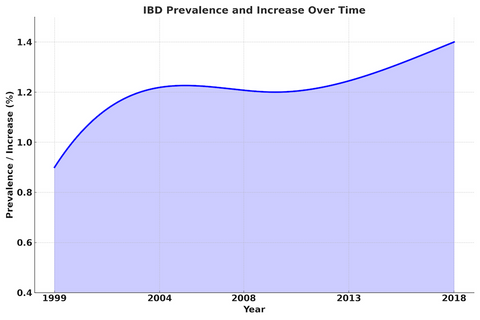
Top Anti-Inflammatory Foods
A multitude of foods possess anti-inflammatory properties, offering a delicious and healthful way to combat inflammation.
Fruits and Vegetables
Fruits like berries and cherries, along with vegetables such as spinach and kale, are rich in antioxidants and phytonutrients that fight inflammation. Incorporating a rainbow of fruits and vegetables into meals ensures a broad spectrum of anti-inflammatory benefits.
Whole Grains and Nuts
Whole grains like brown rice and quinoa, along with nuts such as almonds and walnuts, provide essential fibers, proteins, and fats that support an anti-inflammatory diet. Their consumption is linked to reduced markers of inflammation in the body.
Omega-3 Rich Foods
Foods high in Omega-3 fatty acids, such as salmon, flaxseeds, and chia seeds, are renowned for their anti-inflammatory effects. Omega-3s are vital for maintaining cellular health and preventing chronic inflammation.
Spices and Herbs
Turmeric and ginger are among the spices known for their potent anti-inflammatory properties, largely due to compounds like curcumin in turmeric. Incorporating these spices into the diet can offer significant anti-inflammatory benefits.
Incorporating Anti-Inflammatory Foods into Your Diet
Adopting an anti-inflammatory diet involves more than just occasional healthy choices; it requires a consistent approach to meal planning and preparation. Including a variety of the foods mentioned above in daily meals can significantly reduce inflammation.
Recipes and Meal Ideas
Simple, nutritious recipes that incorporate anti-inflammatory ingredients can make adhering to an anti-inflammatory diet both enjoyable and beneficial.
Supplements for Anti-Inflammation
In some cases, dietary adjustments may be complemented with supplements to ensure adequate intake of specific nutrients known to combat inflammation.
Featured Anti-Inflammatory Foods Products
To support customers in their journey towards a healthier, anti-inflammatory diet, Cozy Farm offers a selection of products rich in anti-inflammatory properties. Below is a table showcasing some of these products:
Here's a table of selected products relevant to the theme of "Anti-Inflammatory Foods for Recovery," presented in a table embed format:
| Product Name | Description | Image |
|---|---|---|
| Thayers - Toner Blemish Lemon | Thayers Blemish Lemon Toner Formulated with natural ingredients known for their blemish-fighting properties | 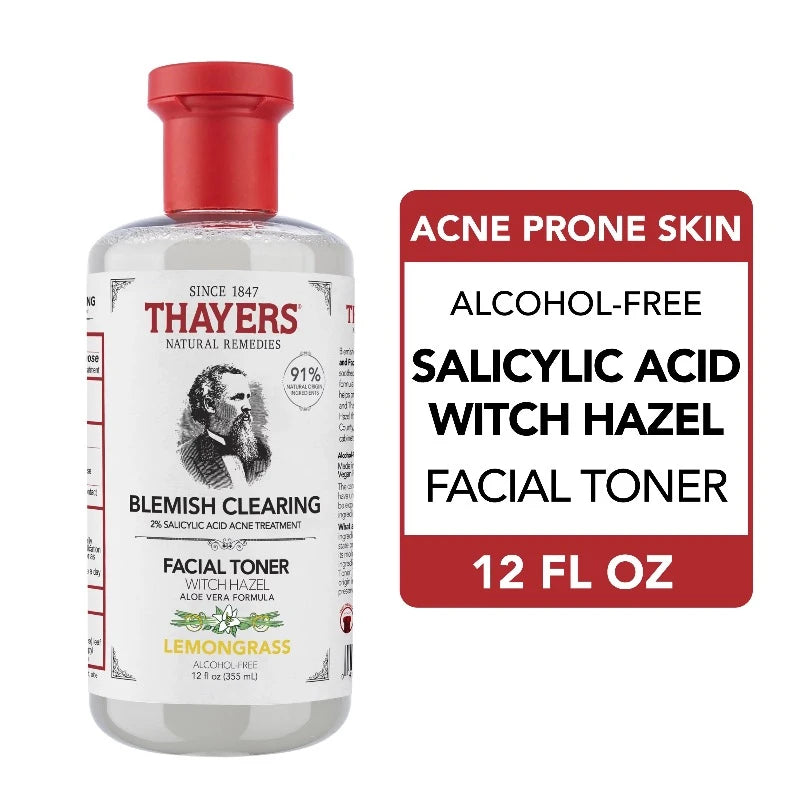 |
| Aura Cacia Cleansing Oil Gentle | Aura Cacia's Gentle Cleansing Oil Experience the transformative power of Aura Cacia's Gentle Cleansing Oil | 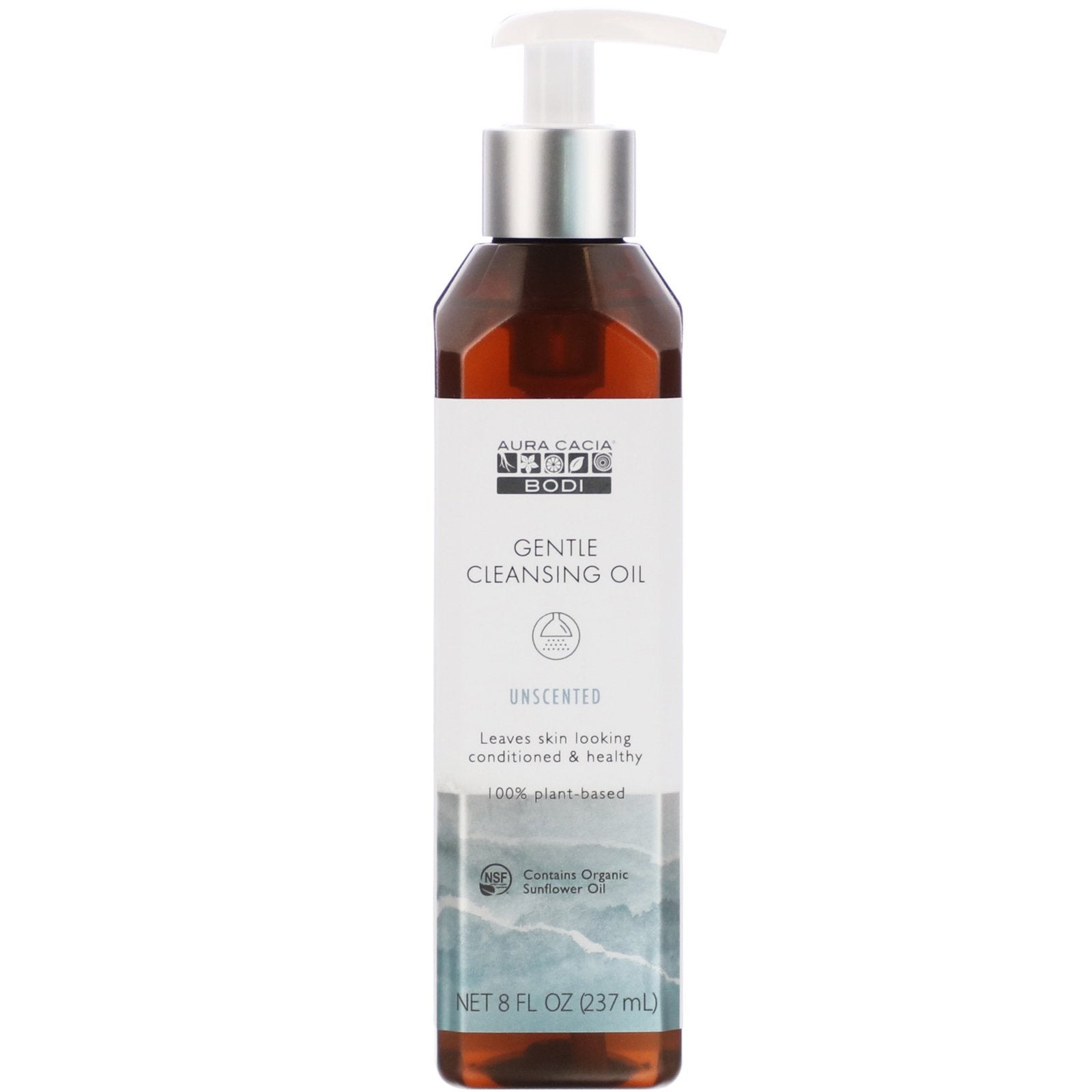 |
| True Made Foods - Mustard Bavarian Hadden Veg | Discover the Pure Flavor of True Made Foods Bavarian Mustard. | 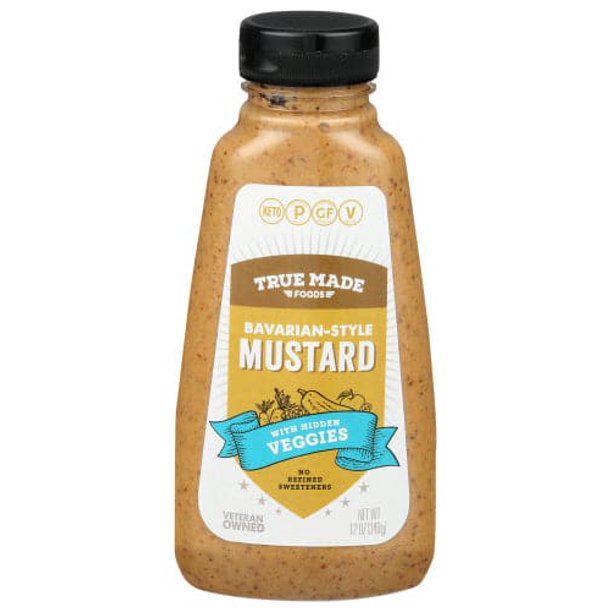 |
| Soylent RTD Drink- Mint Chocolate Plant Based | Renew Your Routine with Soylent Mint Chocolate Plant-Based Drink. | 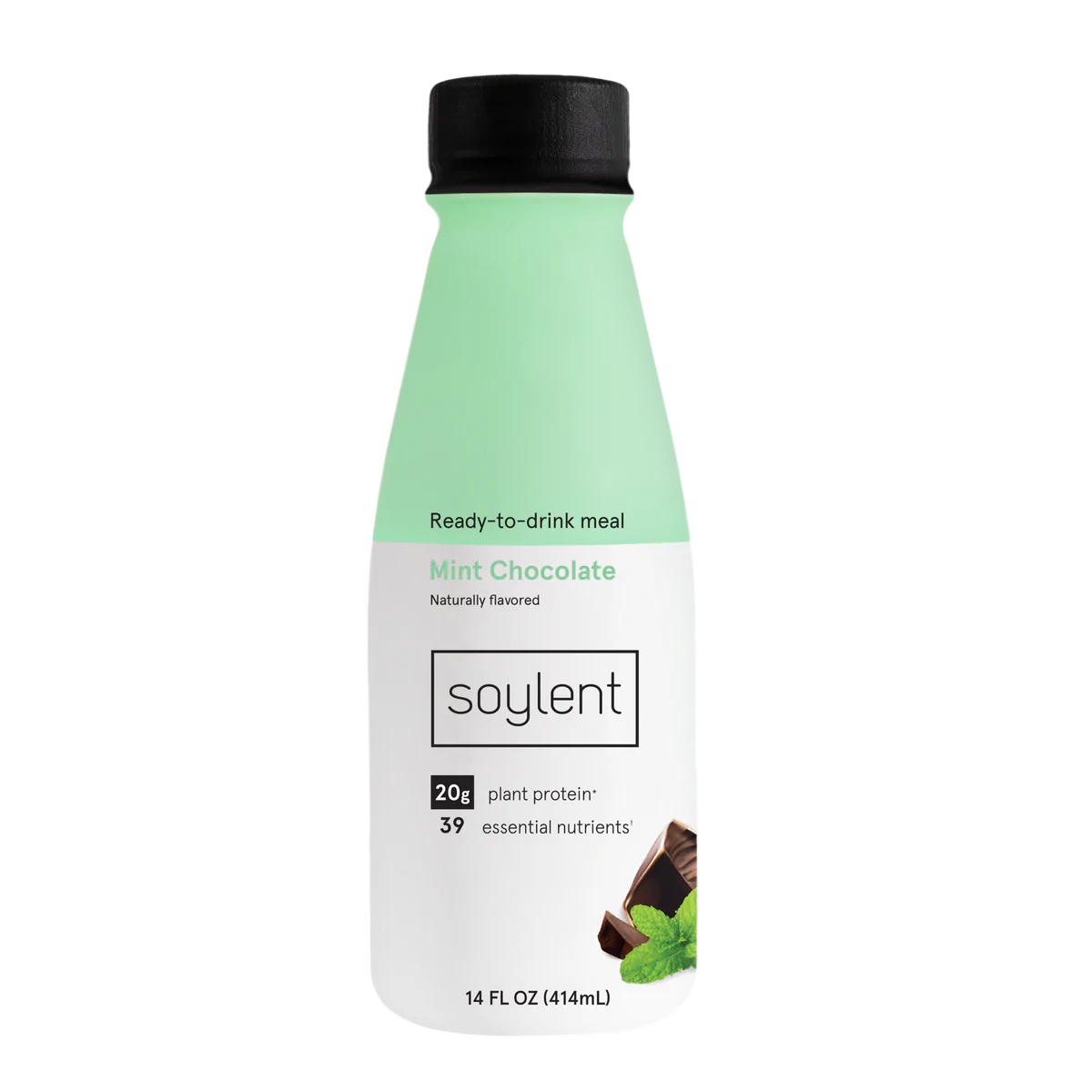 |
| Om Bone Broth Mighty Beef Broth | Discover the Benefits of Om Mighty Beef Bone Broth for Optimal Wellness. | 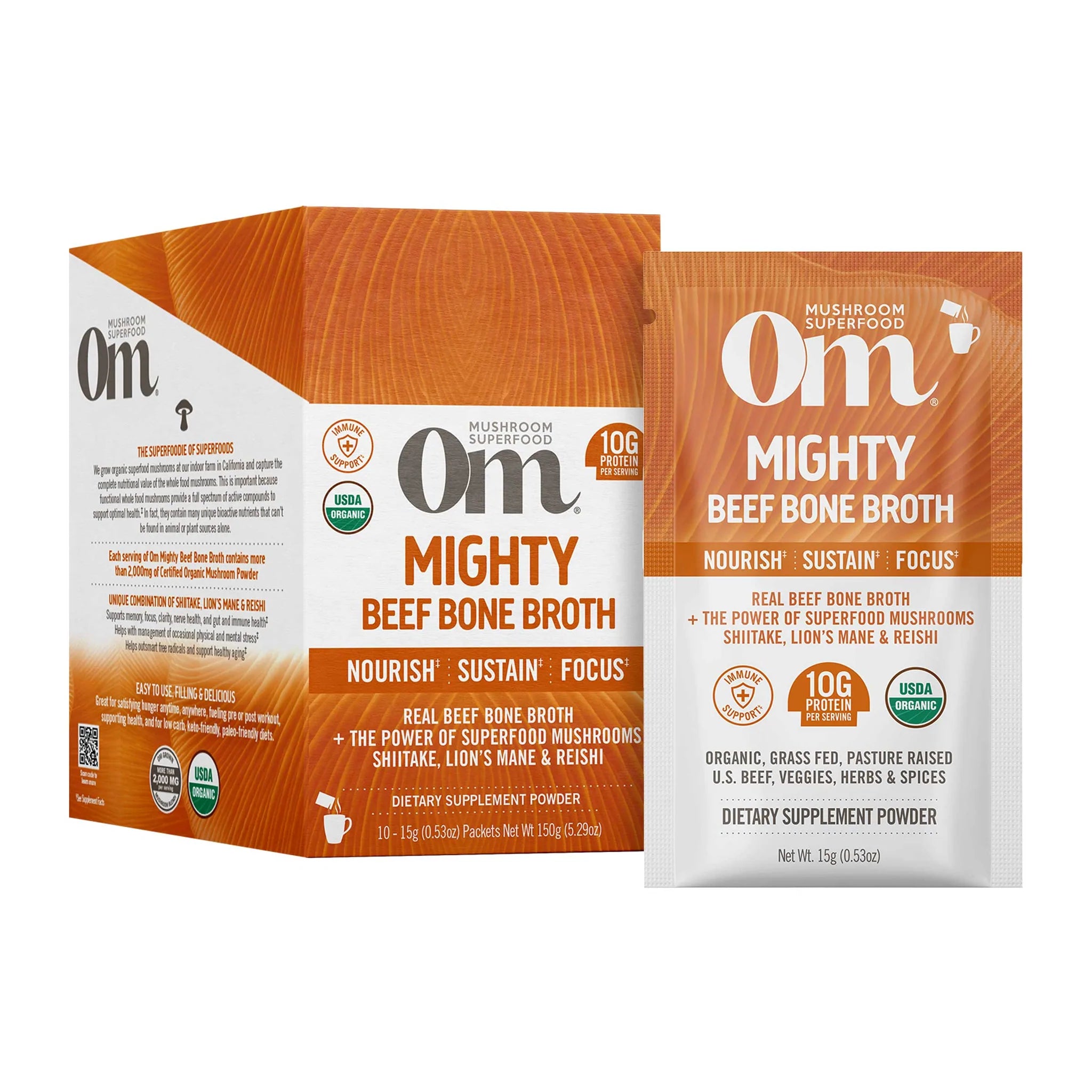 |
| Little Secrets Milk Chocolate Caramel Cookie Bars | Discover Little Secrets Milk Chocolate Caramel Bars - The Perfect Sweet Treat! |  |
| Aura Cacia Essential Oil Kids Clearing | Discover the Power of Aura Cacia Kids Clearing Essential Oil for a Cleaner Home Environment. | 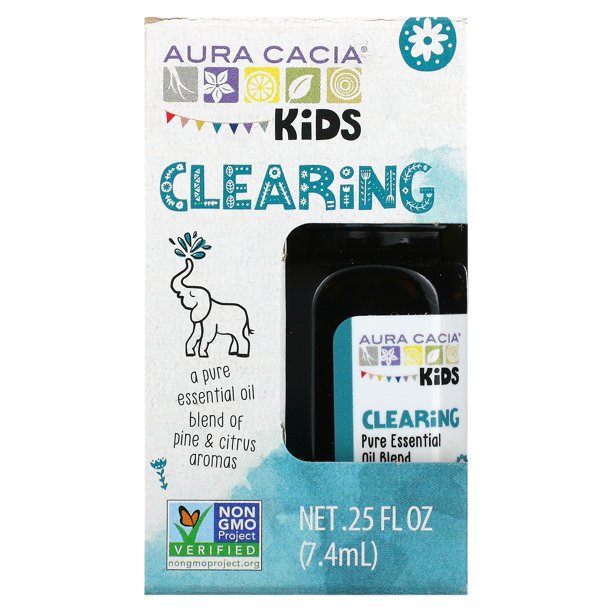 |
| Sahale Snacks - Snack Mix Assorted Sesame Edamame Blends | Discover Exquisite Flavors in Every Bite with Sahale Snacks! | 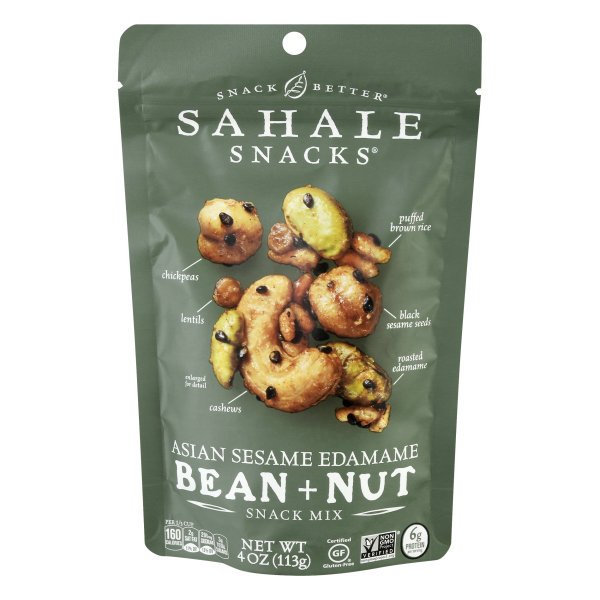 |
| Pretzel Crisps - Drizzlers Milk Chocolate Caramel | PSatisfy Your Sweet Tooth with Rich Milk Chocolate Caramel Drizzlers | 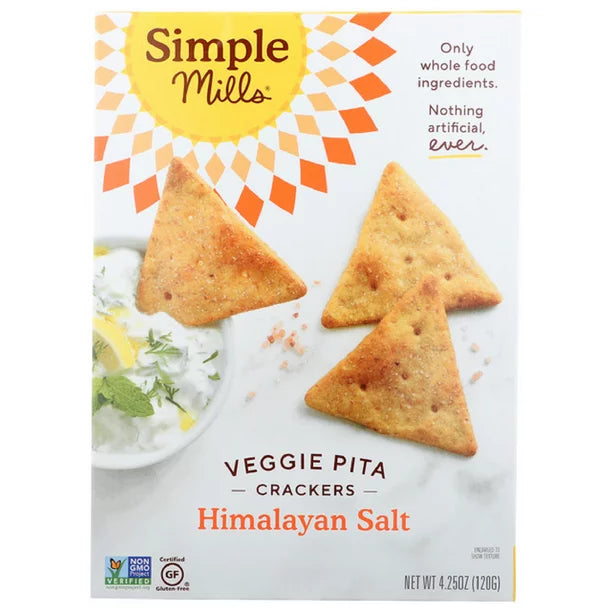 |
| Simple Mills - Crackers Pita Himalyan Sea Salt | Treat Yourself to Decadent Chocolate Caramel Drizzlers for Your Sweet Cravings. |  |
Embracing an anti-inflammatory diet is a proactive step towards mitigating chronic inflammation and fostering a state of health and well-being. Cozy Farm is committed to providing customers with high-quality, anti-inflammatory food options that support their health goals.
For those seeking to reduce inflammation and enhance their recovery process, integrating these dietary practices offers a promising pathway to improved health.
FAQs on Anti-Inflammatory Foods
Q1: What are anti-inflammatory foods? A1: Anti-inflammatory foods are items that help reduce inflammation levels in the body. These foods are rich in antioxidants, omega-3 fatty acids, vitamins, and minerals that support immune function and overall health.
Q2: How do anti-inflammatory foods benefit health? A2: By reducing chronic inflammation, anti-inflammatory foods can help lower the risk of diseases linked to inflammation, such as heart disease, diabetes, cancer, and arthritis. They also support gut health, improve mood, and enhance energy levels.
Q3: Can anyone benefit from eating anti-inflammatory foods? A3: Yes, incorporating anti-inflammatory foods into your diet can benefit almost everyone. It can particularly help those managing chronic diseases or conditions associated with inflammation but is also beneficial for general wellness and disease prevention.
Q4: What are some top anti-inflammatory foods to include in my diet? A4: Some top anti-inflammatory foods include leafy green vegetables (spinach, kale), fatty fish (salmon, mackerel), berries (blueberries, strawberries), nuts (almonds, walnuts), and seeds (flaxseeds, chia seeds).
Q5: Are there any foods I should avoid to reduce inflammation? A5: Yes, to reduce inflammation, it's advisable to limit or avoid processed foods, sugary snacks, trans fats, red meat, and refined carbohydrates, as these can increase inflammation.
Q6: How quickly can I see benefits from eating anti-inflammatory foods? A6: The timeframe can vary based on individual health conditions, diet, and lifestyle factors. Some may notice improvements in a few weeks, while for others, it may take longer to see significant changes.
Q7: Can I rely solely on diet to manage inflammation? A7: Diet plays a crucial role in managing inflammation, but it's most effective when combined with a healthy lifestyle, including regular exercise, stress management, and avoiding smoking and excessive alcohol consumption.
Q8: Do I need to follow a specific diet plan for anti-inflammatory benefits? A8: While there's no one-size-fits-all diet plan, focusing on a balanced diet rich in whole foods, fruits, vegetables, lean proteins, and healthy fats is key. The Mediterranean diet is often recommended for its anti-inflammatory properties.
These FAQs provide a general overview of anti-inflammatory foods and their benefits, highlighting how dietary choices can play a significant role in managing inflammation and improving overall health.









